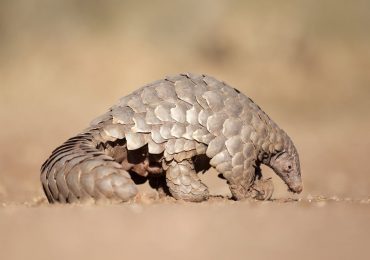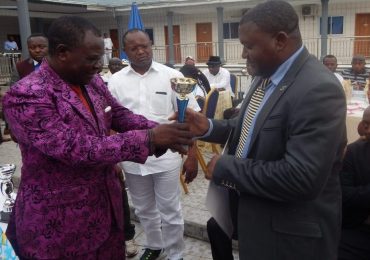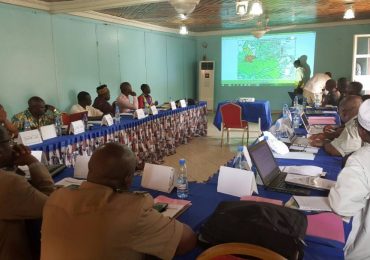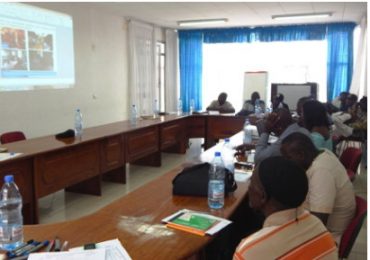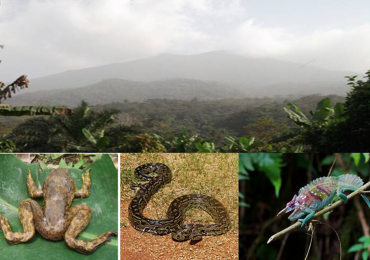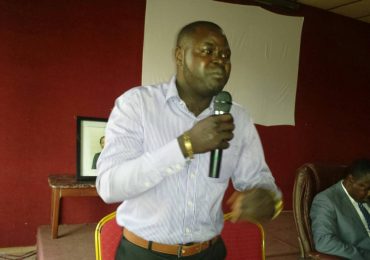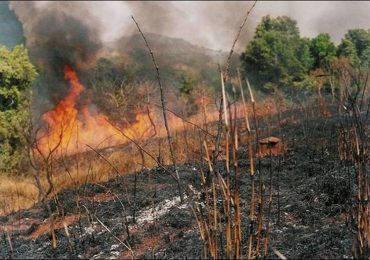
Some time ago in 2015, ICRAF made a call for applications from local NGOs in Cameroon on the DFID-UK sponsored project termed DRYAD. The DRYAD project, which will run for five years, is aimed at financing Community Forest Enterprises (CFEs) and ERuDeF was amongst twelve NGOs chosen for a due diligent test early in October 2015. The final results came out in November 2015, and ERuDeF was retained among four selected NGOs to run the pilot phase of the project in Cameroon in the capacity of an Implementing Organization (IO).
By Blaise Jumbam
After the final selection, a three-man team visited ERuDeF to discuss the way forward for DRYAD. They were Sophia Murday (TMP), Jack Denton (TMP) and Divine Foundjem Tita (ICRAF).
TMP Systems (Tactical Machine Pistol) is a boutique consultancy based in the United Kingdom, with staff in the United States and the Philippines. Their work involves asset management, commercial investment systems design in carbon, energy and land use and environmental, social and governance diligence.
TMP Systems draws on its team’s comprehensive systems architecture, technology and sustainability experience in developed and emerging markets to solve complex problems in these sectors. They provide solutions depending on the problems they are called on to address under our three business lines: Asset Management, Climate & Ecosystems and Economic Development, hence their interest in ERuDeF’s Community Conservation Funding Model already being implemented in the palm oil and honey businesses in Essoh-Attah and Magha, respectively, in Lebialem Division.
The Dryad Focal Point of the Research Institution (RI) in Cameroon, Divine Tita Foundjem, said the information gotten from the model would be a guide to TMP to enable it carry out feasibility studies on some of the issues in the different CFEs.
A lot was debated on the profit sharing arm of the model.
Though tentative, the TMP and ICRAF teams appreciated the ERuDeF’s Community Conservation Funding Model, saying it is a typical image of what DRYAD implementation is all about.
Sophia, Divine and Jack left satisfied and said they were awaiting the model in Yaounde for the launching of the project. They said it was their wish to see it being developed into a more workable tool during the launching of the project.



